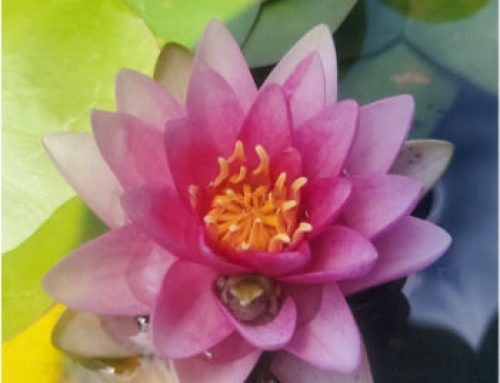 If your koi aren’t growing as expected in your backyard pond, it’s often due to environmental, dietary, or health factors. Here are common reasons and solutions to help promote their growth:
If your koi aren’t growing as expected in your backyard pond, it’s often due to environmental, dietary, or health factors. Here are common reasons and solutions to help promote their growth:
Reasons Why Koi Aren’t Growing
1. Poor Water Quality
- High ammonia, nitrite, or nitrate levels, or low oxygen levels, can stress koi and stunt their growth.
Solution:
- Test water regularly and maintain proper parameters (pH: 7.0-8.0, ammonia/nitrites: 0, nitrates: <20 ppm).
- Install or upgrade filtration and aeration systems to ensure clean, oxygen-rich water.
2. Overcrowding
- Overcrowded ponds limit space, reduce water quality, and increase competition for resources, all of which can stunt growth.
Solution:
- Ensure your pond has enough space: aim for at least 500 gallons for the first koi and 250 gallons for each additional one.
- Consider rehoming fish if the pond is overstocked.
3. Inadequate Nutrition
- Koi require a balanced, high-quality diet to grow. Poor-quality or insufficient food can limit their growth.
Solution:
- Feed a high-protein koi food (30-40% protein) during the warmer months when their metabolism is active.
- Supplement with fresh vegetables, fruits, or natural foods like shrimp or worms.
4. Water Temperature
- Koi grow best in water temperatures between 70-75°F (21-24°C). Cold water slows their metabolism, reducing growth.
Solution:
- Ensure your pond depth allows for temperature regulation and minimize temperature fluctuations.
5. Genetics
- Some koi are naturally smaller due to their genetic makeup, particularly if they’re from non-breeder stock.
Solution:
- If size is a priority, purchase koi from reputable breeders known for producing high-growth potential fish.
6. Parasites or Illness
- Parasites, infections, or other health issues can inhibit appetite and growth.
Solution:
- Inspect fish for signs of disease (lethargy, ulcers, clamped fins) and treat promptly with appropriate medications.
7. Lack of Proper Lighting
- Natural sunlight supports koi health and growth by aiding vitamin D synthesis and maintaining a natural circadian rhythm.
Solution:
- Ensure your pond receives some sunlight daily, but avoid excessive exposure that can overheat the water or promote algae growth.
8. Stress Factors
- Noise, predators, frequent handling, or sudden changes in the environment can stress koi, affecting their growth.
Solution:
- Provide hiding spots (e.g., caves or plants) and maintain a stable, low-stress environment.
Key Tips to Promote Koi Growth
- Maintain optimal water quality and temperature.
- Provide a spacious pond with proper filtration.
- Feed a balanced, high-protein diet.
- Monitor for signs of illness or stress.
- Choose quality koi with good growth genetics.
By addressing these factors, you can create an environment that supports healthy and consistent koi growth.



